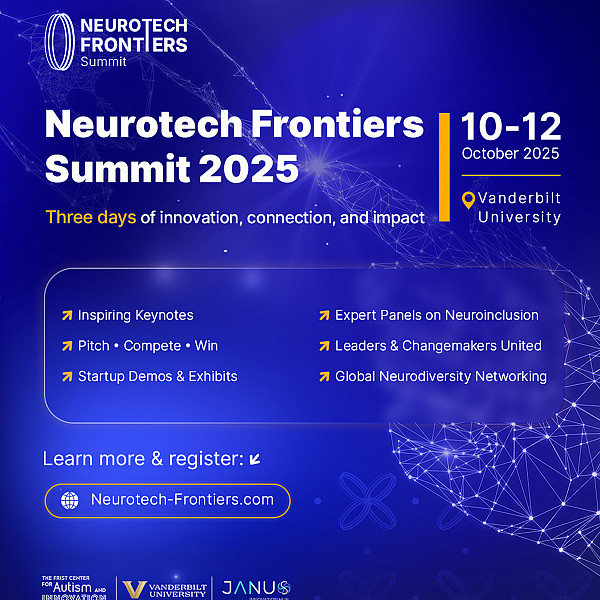 Language is a powerful tool of communication that shapes our understanding of the world and the people in it. The words we choose to use daily can either open doors to greater empathy and compassion or reinforce harmful stereotypes, stigmas, and misconceptions.
Language is a powerful tool of communication that shapes our understanding of the world and the people in it. The words we choose to use daily can either open doors to greater empathy and compassion or reinforce harmful stereotypes, stigmas, and misconceptions.
In recent years, terms like neurodivergent and neurodiverse have appeared more frequently within the public vocabulary, often used interchangeably to describe individuals with different neurological foundations. However, while these terms may seem similar, their meanings are distinct, and the implications of using one over the other can be profound.
As we become more informed about neurodiversity, it’s crucial that we use these terms as knowledgeable individuals – with care and purpose. Labels like these are not just words; they carry the weight of self-identity, influencing how individuals view themselves and eventually, how they are perceived by others. Misusing such labels can inadvertently contribute to a negative, harmful self-identity, especially for those who might already feel marginalized by what society considers “normal”. The difference between neurodiverse and neurodivergent may appear to be subtle, but it’s a difference that matters deeply to those who live under these labels.
It’s important to explore the nuances between these terms and discuss how they are often misused. We must truly understand the broader implications of these words, how they can shape self-identity and perception, and why it’s essential to choose our words wisely.
The Power of Labels
“When we label anything, we are subjective and we do it based on our own perceptions, which may or may not be an honest evaluation of another person.”
Imperium, 2022
Whether we’re dealing with a situation that causes us to assume something or we’re simply judging what others appear to be based upon our own personal perception, we often toss around labels as if they are shallow and meaningless.
That couldn’t be further from the truth.
Labels are essentially a coping mechanism for our brain. We intrinsically desire to categorize things that we encounter and grouping them together often helps calm the chaos. However, how we categorize them and the umbrellas we choose to place people under are of our own choosing and therefore, must be done carefully and purposefully.
Have you ever caught yourself using the term OCD? If someone is very clean or organized, do they suddenly refer to having OCD without truly understanding what that diagnosis means and what the ramifications are for those who have it? Or has a friend ever said that they’re depressed, not realizing that it is actually a clinical diagnosis that entails far more than simply feeling sad?
Unfortunately, there are negative connotations that often accompany these same terms and referring to someone using these assumptions could potentially detract from the person behind that label. Further, it could force the perception of an identity that is not only untrue but harmful. It’s important to remember that the expectations that often accompany labels can be disruptive and suffocating for those placed behind them.
“We are constantly growing, learning, and changing, and bounding ourselves with negative labels does limit one’s growth and holds a person back on many instances to break a negative behavior or even start a new positive one.”
Imperium, 2022
However, on the opposite side of the coin, there are situations where it is positive to identify under a label. How can that be, knowing that labels can essentially pigeonhole an individual into expectations and stigmas that don’t apply to them?
According to the OT Butterfly (2024), labels can:

- Create a Sense of Belonging and Community: Those who fall under a diagnosis of autism, for example, might find it helpful to identify themselves as autistic because they can find others with a similar diagnosis and create the foundation of an empathetic community.
- Identity: Some may feel stronger and more confident living under a label when potentially, they may have felt as if they needed to hide before. “Being able to claim your identity when things didn’t make sense for a long time can be incredibly powerful for many neurodivergent individuals.” (OT Butterfly, 2024).
- Accommodations/Services: Feeling comfortable with being labeled as autistic, for example, can open doors to more support services and understanding.
While labels can be empowering and provide a sense of belonging, they also come with the responsibility to use them thoughtfully and accurately. If it is truly in our nature to try to categorize people and things that we don’t fully understand, then how do we do this without harm?
The first step is to gain knowledge and gather information before making any assumptions or creating expectations that are not only incorrect but potentially misleading.
Defining Neurodivergent/Neurodiverse
In this case, it is first important to define the terms we’re discussing and identify the nuances that accompany them.
The term ‘neurodivergent’ is defined as “differing in mental or neurological function from what is considered typical or normal (frequently used with reference to autistic spectrum disorders); not neurotypical.” (Dictionary, 2024).
The term ‘neurodiverse’ is defined as “displaying or characterized by autistic or other neurologically atypical patterns of thought or behavior; not neurotypical.” (Dictionary, 2024).
The core of these two definitions is essentially the same; however, the connotations for each become evident during the interpretation.
Neurodivergent can give the implication that someone is diverging or straying away from what is considered normal or “typical”. This can create negative stigmas for those living under this umbrella because defining what is truly “typical” is far more advanced than what most of us comprehend.
 Harvard Health (2021) explains that the term neurodiversity “describes the idea that people experience and interact with the world around them in many different ways; there is no one right way of thinking, learning, and behaving, and differences are not viewed as deficits.”
Harvard Health (2021) explains that the term neurodiversity “describes the idea that people experience and interact with the world around them in many different ways; there is no one right way of thinking, learning, and behaving, and differences are not viewed as deficits.”
Neurodiversity gives the implication that each individual is simply on a spectrum of behavior rather than separated by their brain functionality.
However, did you know that it isn’t technically linguistically correct to say that an individual is neurodiverse? The semantics of the word ‘diverse’ indicate a group, so a group of neurodivergent individuals can be neurodiverse, but one person technically cannot.
This may seem like a lot to digest, and that’s the point.
As a society, we must become more willing to take the time to fully understand the impact of the words we choose on those around us. While many of us might use these terms interchangeably and not intend to cause harm doesn’t mean it can’t happen. It is our responsibility to research, ask questions, and reasonably infer from the information we’ve gathered before loosely tossing around a label.
“Words influence how we see one another and treat one another. The old, ugly words for developmental disabilities left no room for acknowledging the inherent value of the people they described.”
Psychology Today, 2023
In the complex landscape of language and semantics, the words we choose to describe ourselves and others carry significant weight.
Labels like “neurodivergent” and “neurodiverse” are more than just terms; they reflect our understanding of neurological diversity and influence the identities of those who live under these labels. While there is power in naming and belonging, there is also the risk of unintentionally reinforcing stigmas or creating narrow definitions that don’t capture the full spectrum of the human experience.
As we’ve discussed, labels can serve as a double-edged sword. On one hand, they can foster community, identity, and access to necessary accommodations. On the other hand, they can pigeonhole individuals into preconceived notions that may not apply to them, potentially leading to a negative self-identity. To navigate this delicate balance, it’s essential to approach language with care, ensuring that our words are informed by knowledge and empathy rather than assumptions or what is considered acceptable by society.
Ultimately, the key to using labels effectively lies in understanding their nuances and respecting the diversity they represent. By choosing our words wisely, we can honor the unique experiences of neurodivergent individuals without limiting them to narrow definitions. In doing so, we contribute to a more inclusive and understanding society, where everyone—regardless of their neurological makeup—can find a sense of belonging and empowerment.
References
Harvard Health. (2021). What is Neurodiversity? Retrieved from https://www.health.harvard.edu/blog/what-is-neurodiversity-202111232645
Imperium. (2022). How Labels Affect Our Identities. Retrieved from https://www.imperiumpublication.com/post/how-labels-affect-our-identities
OT Butterfly. (2024). The Truth About Labels: Understanding the Pros and Cons. Retrieved from https://theotbutterfly.com/neurodiversity-labels/sws-podcast/
Psychology Today. (2023). The Term Neurodiversity is Good, but Not Good Enough. Retrieved from https://www.psychologytoday.com/us/blog/along-the-care-path/202309/the-term-neurodiversity-is-good-but-not-good-enough






